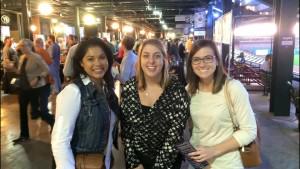By attorney Mary Holloway Richard
In response to criticism that it has been too lenient in approving addictive narcotics and reticent to take action to mitigate abuse and overuse of these painkillers, the FDA announced on Friday a multi-step responsive plan of action:
- It plans to convene an outside advisory committee to seek advice prior to approving new opioids that don’t have abuse-deterring properties.
- It plans to convene a separate pediatric advisory committee to examine all proposed labeling changes related to children.
- The FDA also intends to strengthen follow-up studies to provide more insight regarding safety, effectiveness of opioid’s long-term use and to step up physician training in order to mitigate over-prescribing practices.
- Pharmaceutical companies will be encouraged to develop more painkillers that are less subject to abuse—difficult to break, crush and dissolve—and, therefore, more difficult to ingest quickly in large quantities by snorting or injecting.
- Finally, the agency will engage in efforts to increase access to naloxone and other treatments to counteract the effects of heroin and opioid overdoses.
Some pundits suggest that this response by the FDA is designed to ease tense relations with senators and to prepare the way for confirmation of President Obama’s appointee for agency director. In the face of industry- and society-wide recognition of the “opioid epidemic,” even action potentially based upon self-serving agency motivation, if effective, will save lives and scarce resources.



